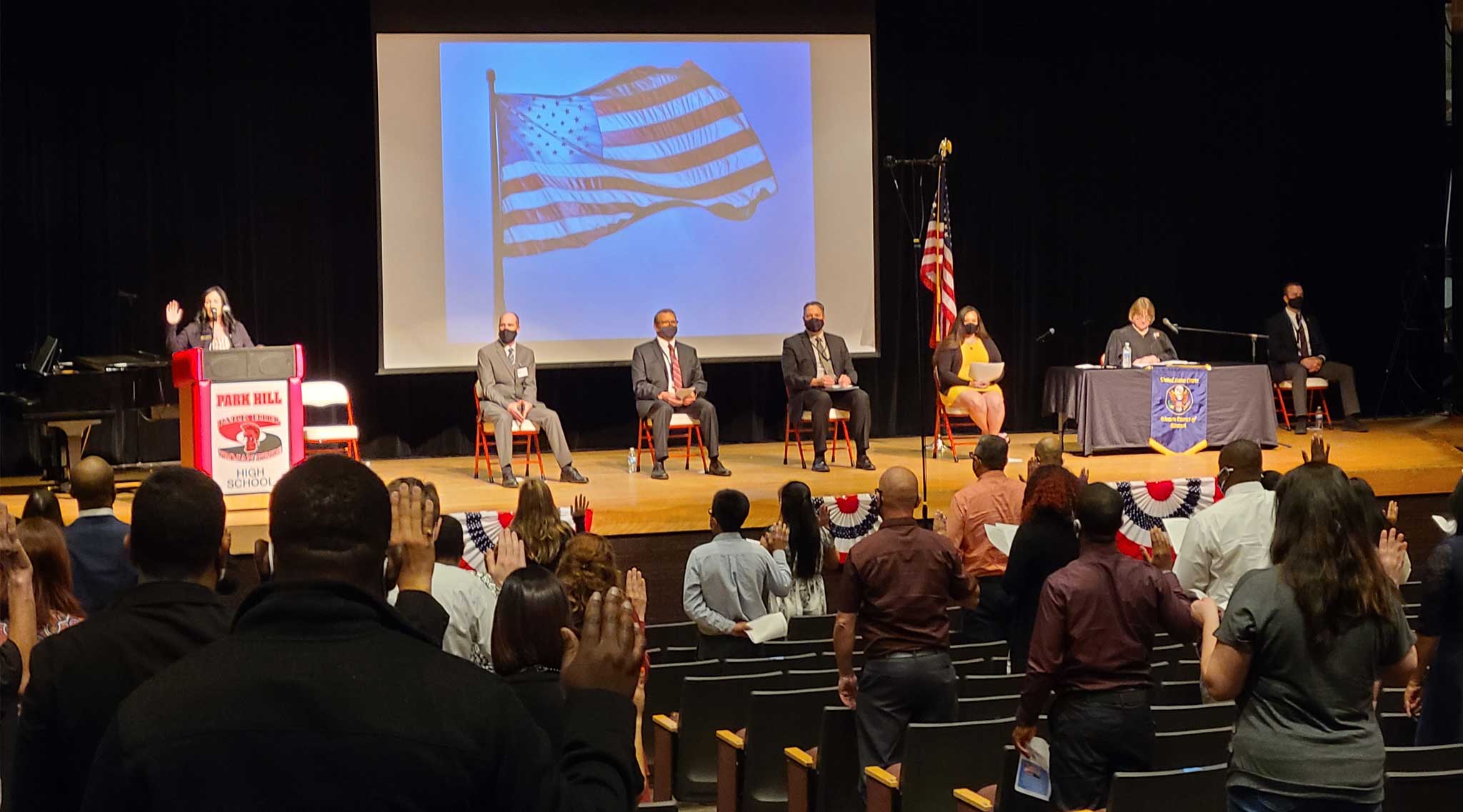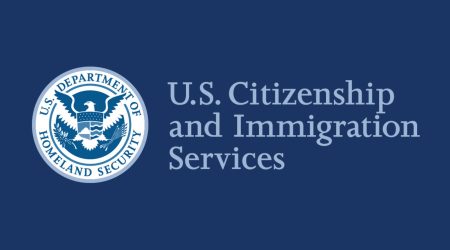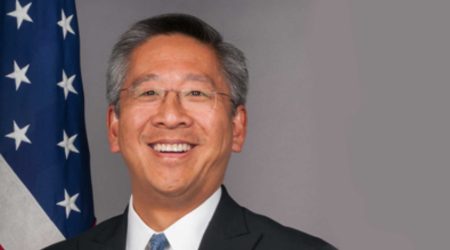Washington: U.S. Citizenship and Immigration Services (USCIS) has released end of fiscal year (FY) 2023 data that illustrate the agency’s progress in meeting its strategic priorities. The USCIS workforce has worked tirelessly over the past year to uphold America’s promise as a nation of welcome and possibility by reducing backlogs, improving customer experience, addressing humanitarian needs, and strengthening employment-based immigration.
“I’m so proud of the USCIS workforce and our dedication to fairness, integrity, and respect for all we serve,” said USCIS Director Ur M. Jaddou. “We’ve completed a record number of cases, responded to emerging crises around the globe with essential humanitarian relief, and applied innovative solutions to improve customer experience and reduce backlogs.”
Reducing backlogs
In FY 2023, USCIS received 10.9 million filings and completed more than 10 million pending cases– both record-breaking numbers in the agency’s history. In doing so, USCIS reduced overall backlogs by 15%. Among USCIS’ record number of case completions in FY 2023, the agency administered the Oath of Allegiance to more than 878,500 new U.S. citizens, including 12,000 members of the military, effectively eliminating the backlog of naturalization applications. The median processing time for naturalization applicants decreased from 10.5 months to 6.1 months by the end of the fiscal year, achieving the agency’s longstanding goal and significantly reducing waiting times for most individuals seeking U.S. citizenship.
Improving customer experience
USCIS implemented several new technology solutions that meaningfully advance the customer experience for those navigating our immigration system. Our new self-service tool for online rescheduling of biometrics appointments was used to reschedule over 33,000 such appointments in FY 2023.
Strengthening immigration for workers and employers
In FY 2023, USCIS and the Department of State helped meet the needs of U.S. employers by issuing more than 192,000 employment-based immigrant visas – far above the pre-pandemic number – and, for the second year running, ensured that no available visas went unused. The agency further supported U.S. employers and noncitizen workers in FY 2023 by increasing the maximum validity period of Employment Authorization Documents (EADs) to five years for adjustment of status applicants.
USCIS also removed the biometrics fee and appointment requirement for applicants for a change or extension of nonimmigrant status and updated the agency’s interpretation of the Child Status Protection Act to prevent many child beneficiaries of noncitizen workers from “aging out” of child status, allowing them to seek permanent residence along with their parents.
Fulfilling humanitarian mission
USCIS continues to address growing humanitarian needs around the globe, as individuals seek protection in the United States from oppression, violence, and other urgent circumstances. At a time when the world is experiencing the greatest displacement of people since World War II, our agency’s dedicated employees continue to advance our humanitarian mission and provide protection to vulnerable populations.
USCIS interviewed over 100,000 refugee applicants – more than double the amount completed in the previous fiscal year – resulting in the admission and resettlement of over 60,000 refugees. As of the end of FY 2023, USCIS completed more than 52,000 asylum cases; this included prioritizing the process of asylum cases for the Afghan alliance and their families. USCIS also completed a record-breaking 146,000 credible fear and reasonable fear screenings of individuals expressing a fear of return after being encountered at the border.
Looking ahead
In FY 2024, the agency is continuing to build on this progress while monitoring and addressing remaining processing delays. USCIS will work to maintain the median processing times of 30 days for certain EAD applications filed by individuals who entered the United States after scheduling an appointment through the CBP One mobile application or through the CHNV processes. The agency also proposed new rules to modernize and improve the efficiency and integrity of the H-1B program for specialty occupation workers. USCIS will work to maintain naturalization processing times and utilize all available employment-based visas.












